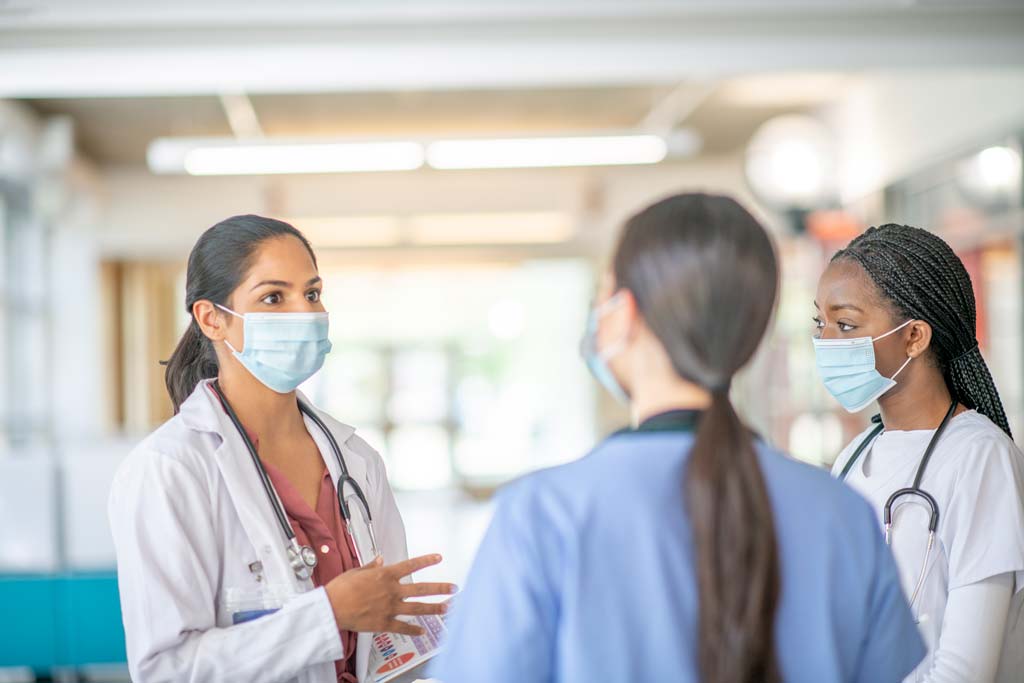Medicalstudentrotation.com is a website that provides quality research and Clinical Rotations in USA. The website offers a variety of rotations for students to choose from, including rotations in internal medicine, surgery, pediatrics, and many more. In addition, the website offers research rotations in some of the most prestigious research institutions in the United States.
Guidance, Tips and Connections provided for Residency matching
What is the residency match process?
The residency match process is a system that medical students use to apply to and choose residency programs. The process begins when medical students submit their applications to residency programs. The programs then review the applications and invite the most qualified candidates to interview. After the interviews are complete, the programs rank their interviewees and submit their rankings to the National Residency Matching Program® (NRMP®). The NRMP then uses a computer algorithm to match the programs’ preferences with the students’ preferences and create the best possible match.
What are the benefits of using the match process?
The match process eliminates the need for medical students to apply to and interview at every residency program they are interested in. It also gives residency programs a way to fill their available positions with qualified candidates in a fair and efficient manner.
What are the steps in the match process?
The match process consists of four steps:
1. Medical students submit their applications to residency programs.
2. Residency programs review the applications and invite the most qualified candidates to interview.
3. After the interviews are complete, the programs rank their interviewees and submit their rankings to the NRMP.
4. The NRMP uses a computer algorithm to match the programs’ preferences with the students’ preferences and create the best possible match.
What is the role of the NRMP in the match process?
The NRMP is a private, non-profit organization that was created to administer the residency match process. The NRMP is not affiliated with any medical school, residency program, or teaching hospital.
What is the timeline for the match process?
The match process takes place over the course of several months. The timeline is as follows:
September 1: The NRMP opens the online Registration, Ranking, and Results® (R3) system.
October 1: The deadline for medical students to register for the match.
November 15: The deadline for residency programs to submit their rank lists to the NRMP.
December 1: The NRMP releases the results of the match to applicants and programs.
Clinical and Research Rotations that will guarantee you a successful residency match.
“Clinical and Research Rotations that will guarantee you a successful residency match”
As a medical student, your residency match is one of the most important things that you can do to ensure your future success. Landing a good residency match can be the difference between a successful career and struggling to find a job.
There are a few things that you can do to improve your chances of getting a good residency match. One of the most important things is to do well on your clinical and research rotations.
Your clinical rotations are your opportunity to show residency programs that you have the skills and knowledge to be a successful doctor. It is important to do your best and get the most out of each rotation.
Research rotations are also important. They show that you are interested in research and have the ability to do it.
If you want to guarantee yourself a successful residency match, you should consider doing a clinical rotation at a top-ranked program and a research rotation at a well-respected institution. These rotations will give you the best chance of impressing residency programs and getting a good match.
Our Attending physicians are available to correspond with you 24X7 during the rotation.
The best part about rotations at Medicalstudentrotation.com is that our attending physicians are available to correspond with you 24X7 during the rotation. This means that you can get feedback on your performance and progress anytime, day or night. Additionally, our online portal makes it easy for you to stay in touch with your preceptor and track your progress throughout the rotation.
Weekly meetings to check on how things are.
One of the most important aspects of a successful clinical or research rotation is maintaining communication with your preceptor. A weekly meeting is a great way to check in on how things are going, ask questions, and get feedback.
Here are some tips for making the most of your weekly meeting:
Come prepared with questions: This is your time to get clarification on anything that’s been unclear or ask for advice on how to handle a difficult situation.
Be open to feedback: It can be difficult to hear criticism, but remember that your preceptor is trying to help you grow as a medical student.
Keep an open mind: If your preceptor suggests a different way of doing something, try it! You never know, you might learn a new skill or approach that you really like.
Thank your preceptor: At the end of each meeting, take a minute to thank your preceptor for their time and guidance. A little appreciation goes a long way.

